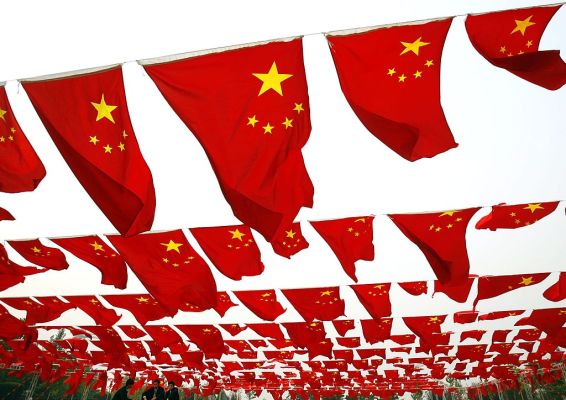China’s crackdown on Internet freedom is getting even more intense. Last Friday, the country’s top Internet censor announced a new set of regulations (link via Google Translate) meant to eliminate posts by anonymous users on Internet forums and other platforms. The Cyberspace Administration of China will start enforcing those rules on Oct. 1.
According to the new regulations, Internet companies and service providers are responsible for requesting and verifying real names from users when they register and must immediately report illegal content to the authorities. Tech firms, including Baidu, Alibaba and Tencent, are under more pressure to serve as the government’s gatekeepers as China prepares for the 19th National Congress of the Communist Party this fall, which is expected to place new people in several key leadership positions.
Furthermore, a new cybersecurity law that went into effect at the beginning of June requires tech companies to store important data on servers within China. While this is supposedly meant to protect sensitive information, it can also make it easier for the government to track and persecute Internet users.
Along with announcing its new regulations about anonymous posts on Friday, the CAC also specified what content is forbidden from being published online (link and translation via Google Translate), citing a passage from a bill that was passed in 2000 to regulate Internet information services in China. The list is so broad that it can cover almost anything:
Article 15 of the Measures for the Administration of Internet Information Services stipulates that Internet information service providers shall not make, reproduce, publish or disseminate information containing the following: (1) opposing the basic principles as defined in the Constitution; (2) endangering national security (3) to damage national honor and interests; (4) to incite national hatred, ethnic discrimination and undermine national unity; (v) to undermine national religious policies and to promote cults and (6) spreading rumors, disrupting social order and destroying social stability; (7) spreading pornography, pornography, gambling, violence, murder, terror or abetting a crime; (8) insulting or slandering others and infringing upon others (9) Any other content that is prohibited by laws and administrative regulations.
While China has issued various rules requiring online real-name registration for years, the CAC’s new regulations are another sign that the government is becoming increasingly stringent about censorship. For example, using VPNs to access blocked sites like Facebook and Twitter was relatively easy until earlier this year when the government began a crackdown that many observers believe is much more serious than previous attempts to enforce the ban.
As The Diplomat notes, China is taking a multi-pronged approach as it doubles down on censorship, placing more pressure on international publishers as well.
